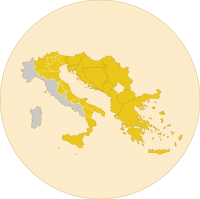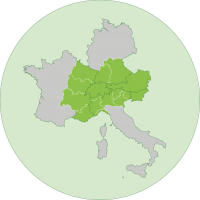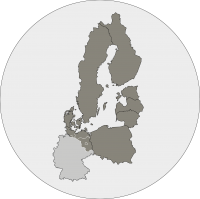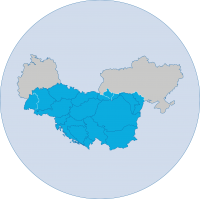Filter Search for grants
News
-
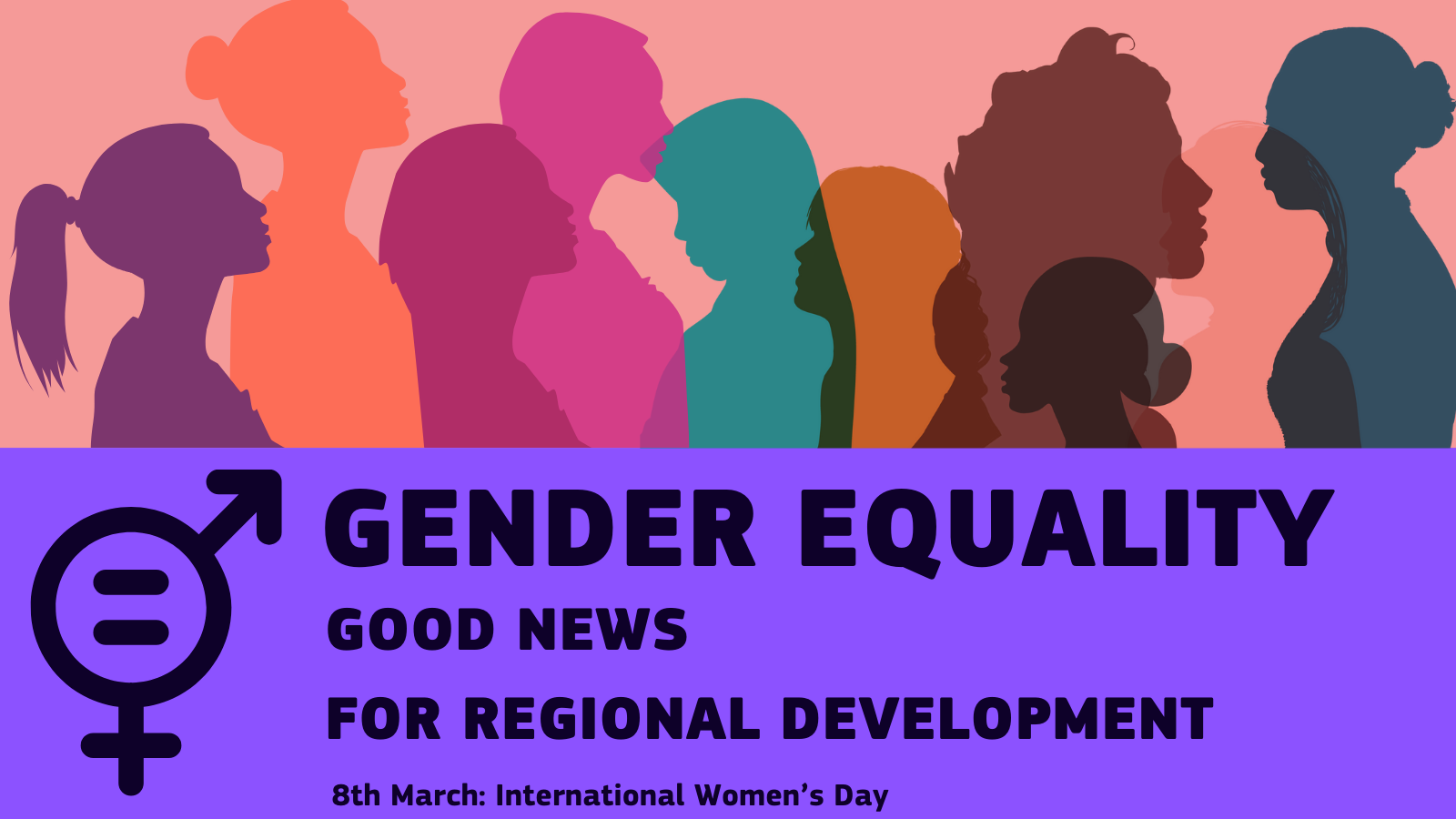
Promoting Gender Equality: A Key Driver for Regional Development
With International Women’s Day approaching on 8 March, the EU’s €110 billion investment in gender equality takes center stage. Through cohesion policy, these funds support women’s employment, entrepreneurship, and social inclusion, driving regional development across Europe.
-
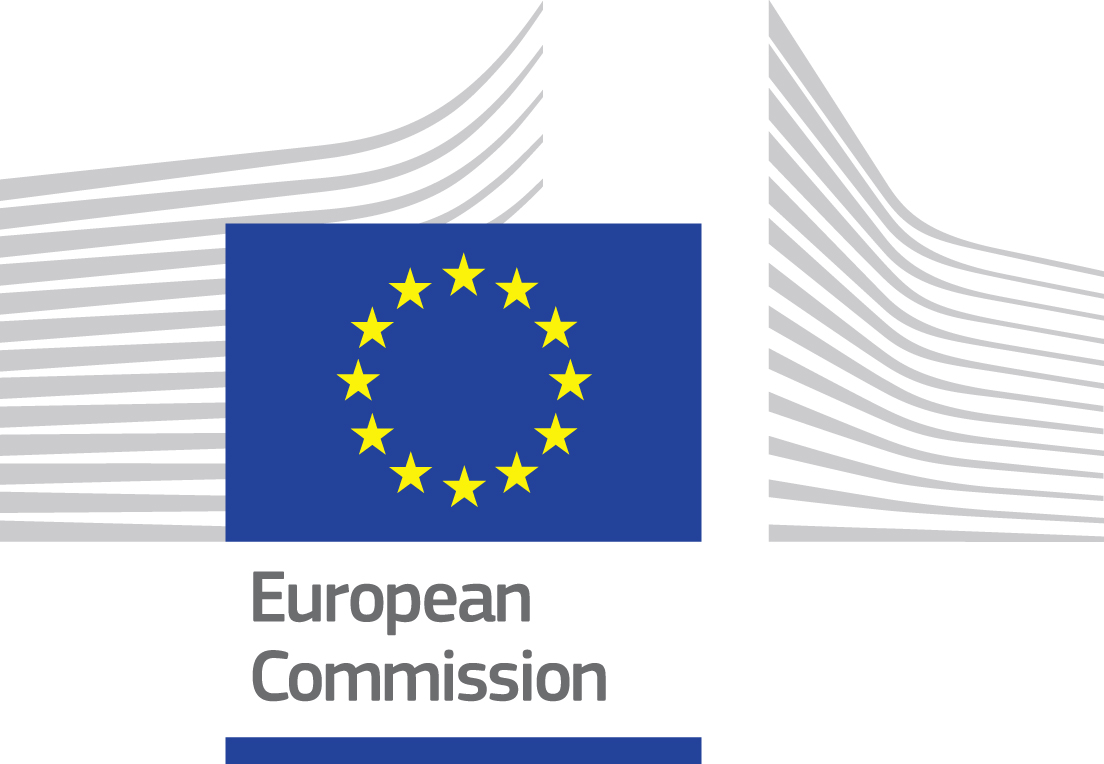
EU Invests €422 Million to Boost Alternative Fuels Infrastructure
The EU is investing €422 million through the Alternative Fuels Infrastructure Facility to support 39 projects focused on expanding alternative fuels infrastructure. These projects include electric recharging stations, hydrogen refueling, and onshore power installations. With €578 million still available for future proposals, the next funding round closes on 11 June 2025. This initiative is a crucial step in advancing clean transport and achieving the EU's environmental goals.
-
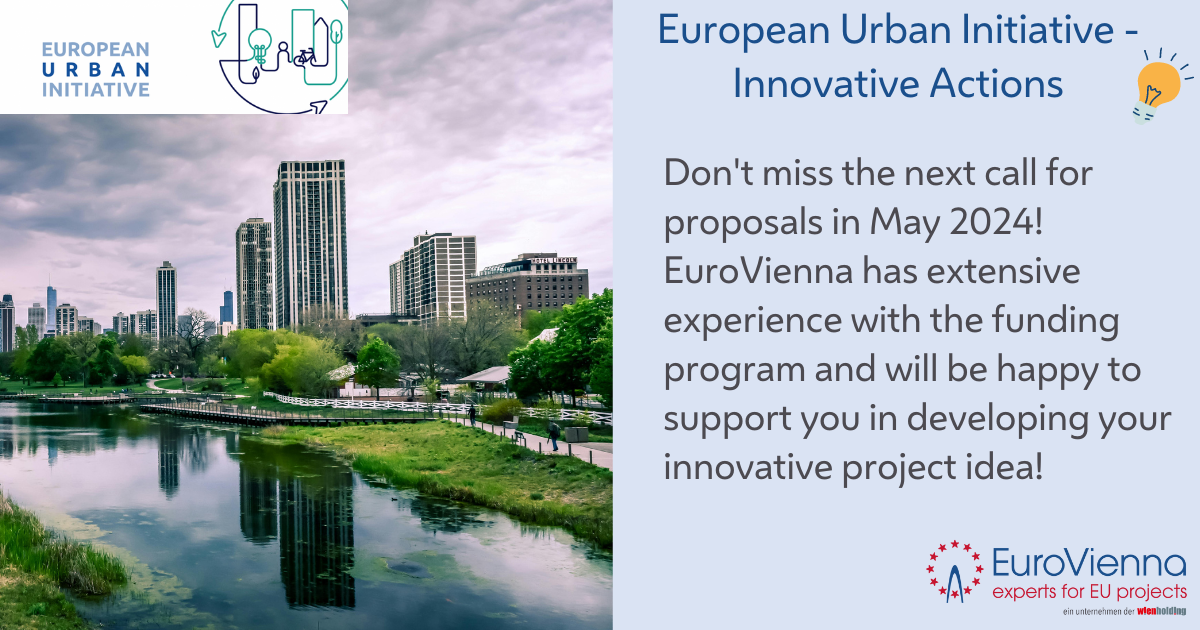
European Urban Initiative- third call for proposals
In May 2024, the third and, for the time being, last funding call in the European Urban Initiatives program will open. This funding program offers cities the opportunity to develop and implement solutions for complex challenges! Both the City of Vienna and EuroVienna, a Wien Holding company, already have extensive experience in this funding program.
Your advantages as a registered user
- Regular information on the latest calls with the EuroAccess Newsletter
- Sending of the EuroAccess Newsletter according to your personal interest profile
- Storage and organisation of interesting calls in your personal funding basket
- Export calls in PDF format
the macro-regional approach
In order to strengthen regional cooperation and find joint solutions to those cross-border challenges that cannot be tackled by states alone, the Macro-Regional Strategies (MRS) were launched as an integrated cooperation framework.
The MRS ensure better coordination of policies and bring together key stakeholders from different levels to better respond to current challenges and promote economic, social and territorial cohesion in large geographical areas.
Through enhanced cooperation, exchange of experience and transfer of knowledge, the MRS facilitate a synergistic and coordinated strategic approach to sustainable development of EU and non-EU countries.
EU Strategy for the Adriatic-Ionian Region (EUSAIR)
The aim of the EUSAIR is to promote economic and social prosperity and growth in the region. The participating states aim to create synergies and improve coordination between all areas in the region, especially in the fields of sustainable tourism, environmental quality, blue growth and connectivity.
The strategy includes ten states (four EU Member States Croatia, Greece, Italy and Slovenia and six non-EU countries Albania, Bosnia and Herzegovina, Montenegro, Northern Macedonia, San Marino and Serbia).
EU Strategy for the Alpine Region (EUSALP)
The EUSALP aims to strengthen cooperation between regions and countries in the Alps. The strategy focuses on the priorities of economic growth and innovation, mobility and connectivity, and environment and energy.
The strategy covers seven countries with more than 80 million inhabitants in the Alpine Space. Of these, five are EU Member States (Austria, France, Germany, Italy and Slovenia) and two are non-EU countries (Liechtenstein and Switzerland).
EU Strategy for the Baltic Sea Region (EUSBSR)
The EUSBSR is divided into three main objectives: saving the sea, connectivity in the region and increasing prosperity. The priorities of the strategy are innovative societies, water-smart societies and climate-neutral societies.
The eight EU member states involved in the EUSBSR are Sweden, Denmark, Estonia, Finland, Germany, Latvia, Lithuania and Poland. The Strategy is also welcoming cooperation with EU neighbouring countries (Iceland and Norway).
EU Strategy for the Danube Region (EUSDR)
The EUSDR addresses the common challenges of the Danube countries and promotes economic, social and territorial cooperation. It creates synergies and facilitates cooperation and networking to use available resources more efficiently.
The EUSDR covers 115 million people in nine EU Member States (Austria, Bulgaria, Croatia, Czech Republic, Germany, Hungary, Romania, Slovakia and Slovenia) and five non-EU countries (Bosnia and Herzegovina, Moldova, Montenegro, Serbia and Ukraine) and stretches from the Black Forest to the Black Sea.
